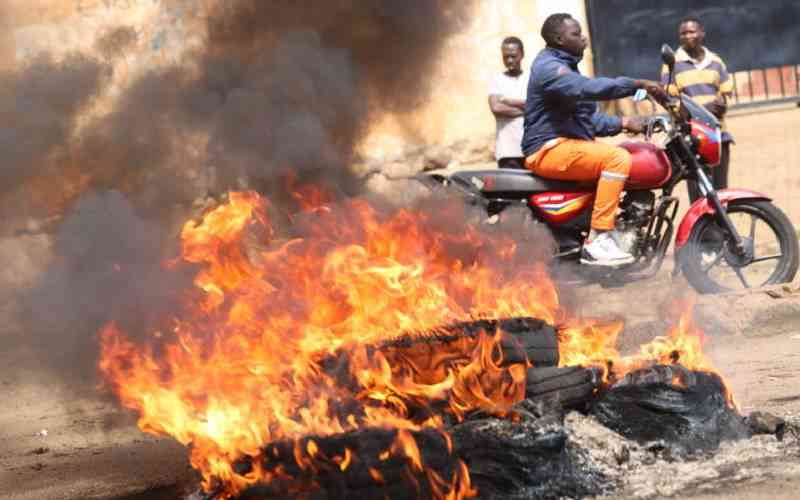
Once described as the West's stalwart pupil in Africa, a model of political stability, and a useful contrast to the chaos of Uganda and the failed socialism in Tanzania, Kenya is now fighting a deathly smell of failure because of its proud inability to put its act together.
The country is in ferment. The glue that has held this nation-state together for six decades, having undergone tremendous tests in recent years, can no longer hold. Or, more accurately, in the words of Irish poet William Yeats, "the falcon cannot hear the falconer" and "the centre cannot hold".